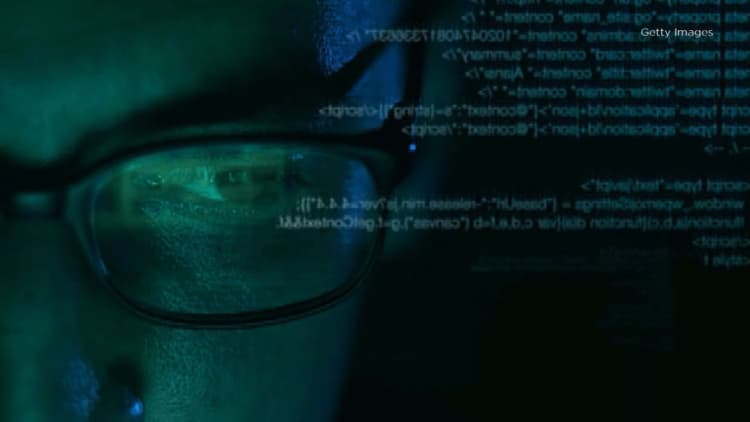
The man who stopped the recent global cyberattack known as WannaCry has been arrested for allegedly creating a virus of his own that aimed to steal peoples' banking details online.
Marcus Hutchins, who is also known as Malwaretech, was indicted on six counts last month, and was arrested on Wednesday.
In the indictment, Hutchins was accused of being involved in the creation and distribution of the Kronos banking Trojan. The malicious software, or malware, was designed to garner usernames and passwords of users on banking websites. Once a machine was infected, the malware allowed the hacker to log the details.
Kronos was active in Canada, Germany, Poland, France, and the United Kingdom, among others countries, the U.S. Department of Justice (DOJ) said.
The banking Trojan was first made available through some internet forums in early 2014, and was marketed and distributed through AlphaBay, a marketplace site on the dark web which had illegal drugs and firearms for sale. AlphaBay was shut down by the DOJ in July.

Hutchins shot to fame when he helped stop the WannaCry ransomware attack in May which hit over 200,000 victims in around 150 countries. WannaCry encrypted files on computers then demanded users pay a bitcoin ransom to get them back. Hutchins however found a "kill switch" that was able to halt the spread of the attack.
Earlier this week, hackers cashed out on over $143,000 worth of bitcoin they got from ransoms paid from WannaCry.
Hutchins was charged with one count of conspiracy to commit computer fraud and abuse, three counts of distributing and advertising an electronic communication interception device, one count of endeavoring to intercept electronic communications, and one count of attempting to access a computer without authorization.
The alleged conduct for which Hutchins was arrested occurred between or around July 2014 and July 2015.
"Cybercrime remains a top priority for the FBI," Special Agent in Charge (SAC) Justin Tolomeo, said in a statement.
Cybercriminals cost our economy billions in loses each year. The FBI will continue to work with our partners, both domestic and international, to bring offenders to justice."





